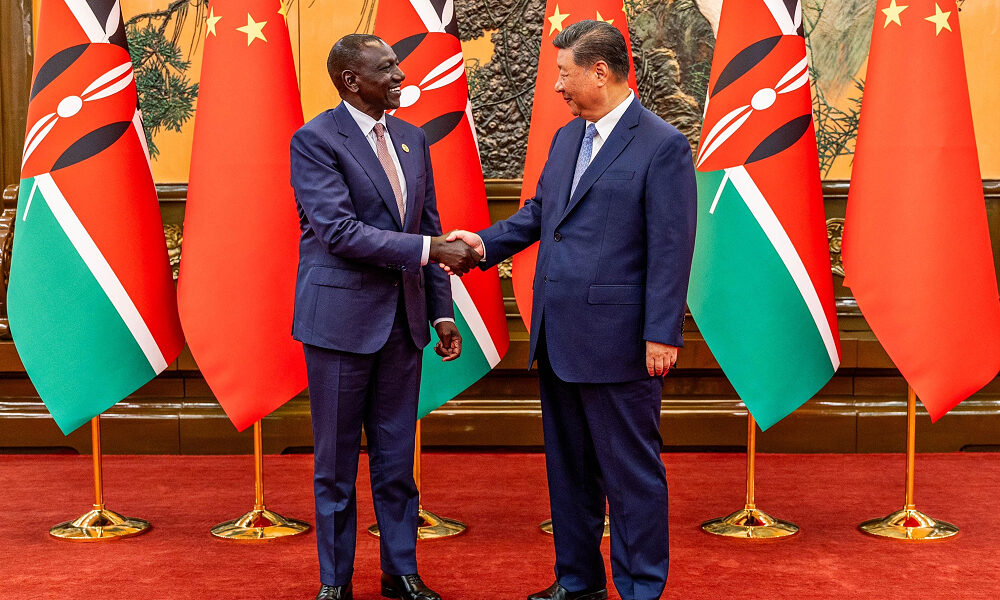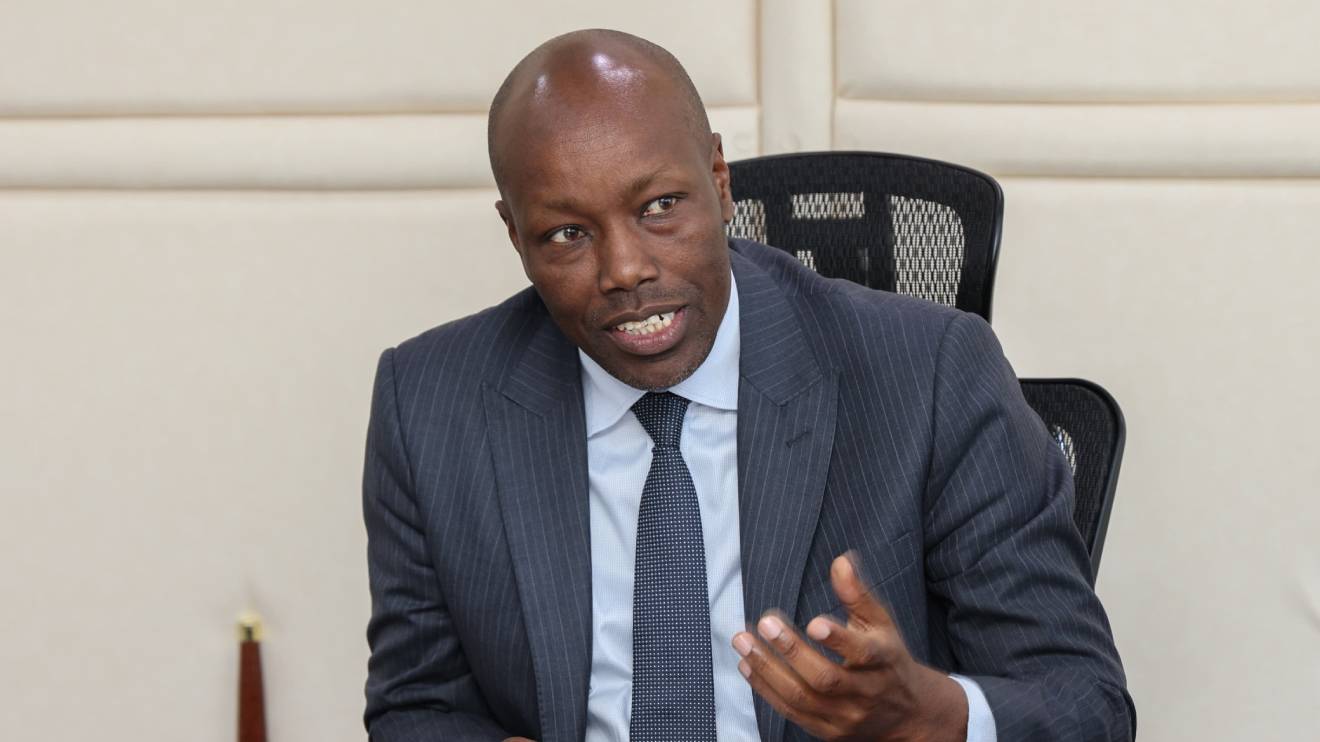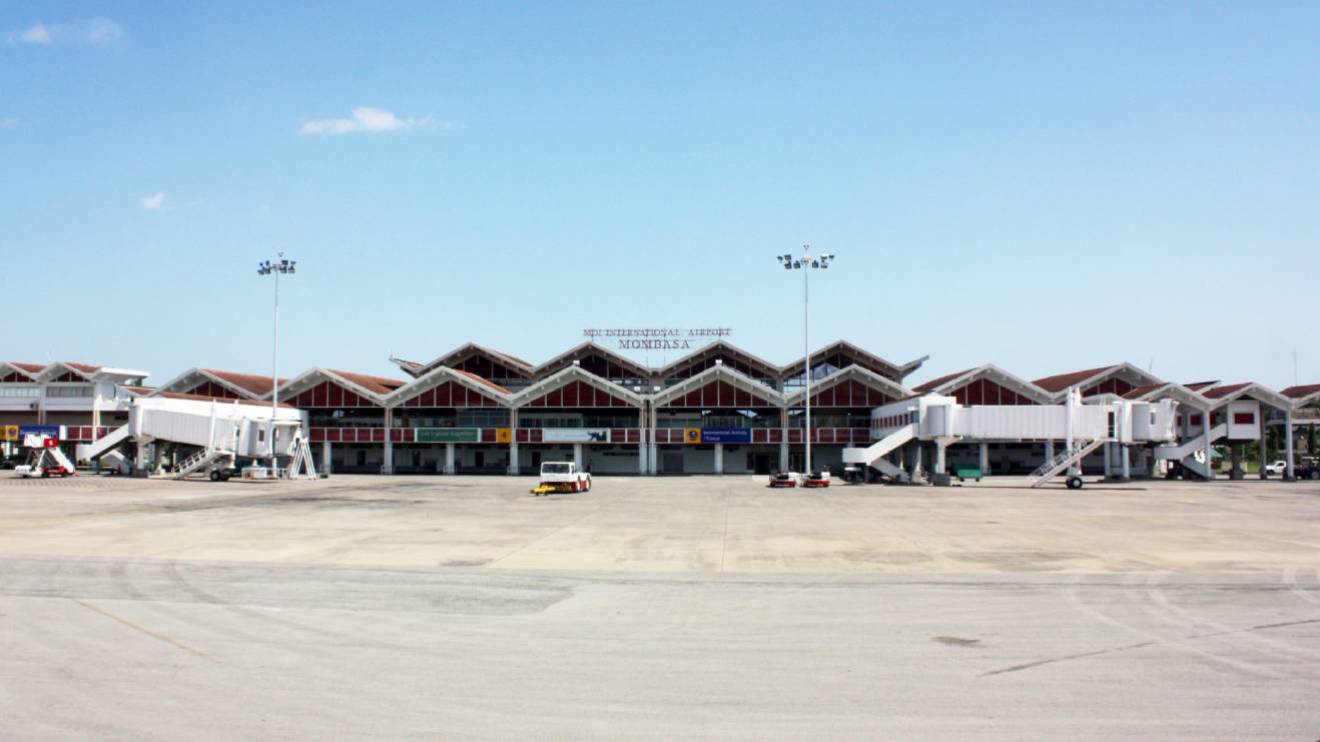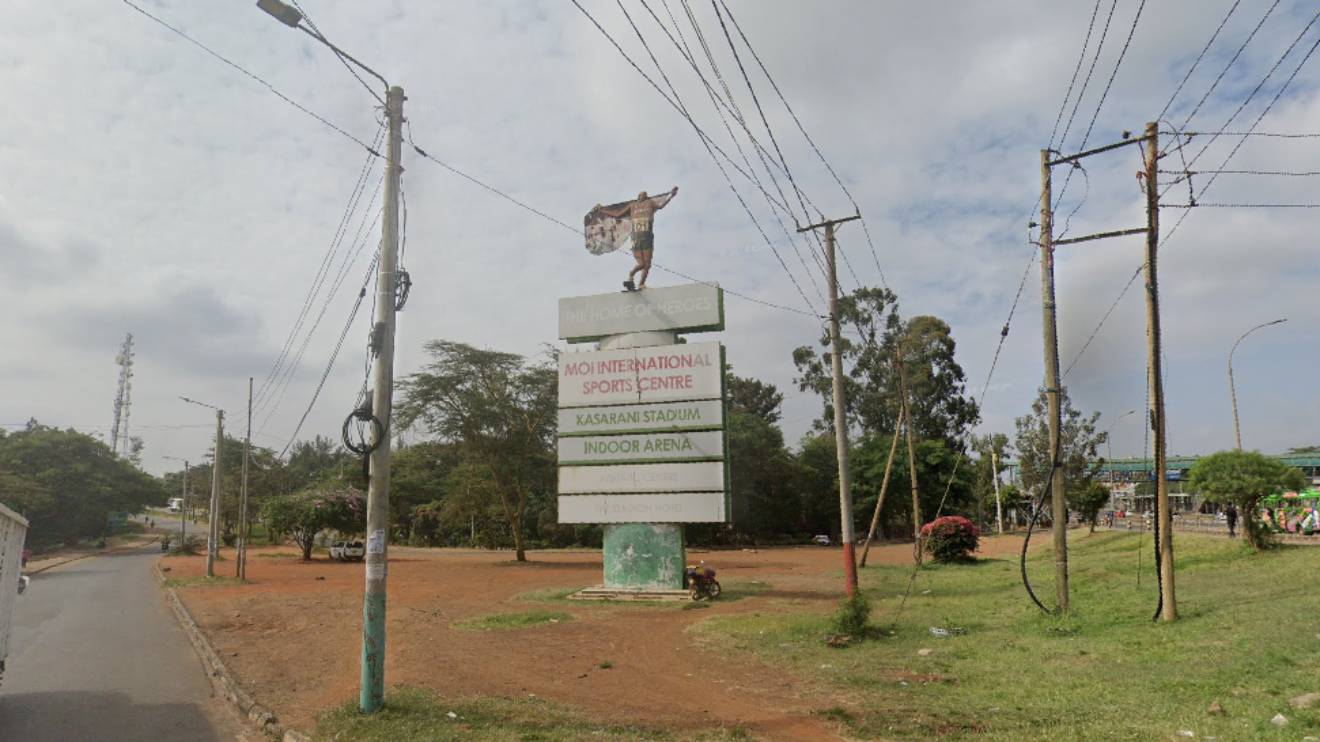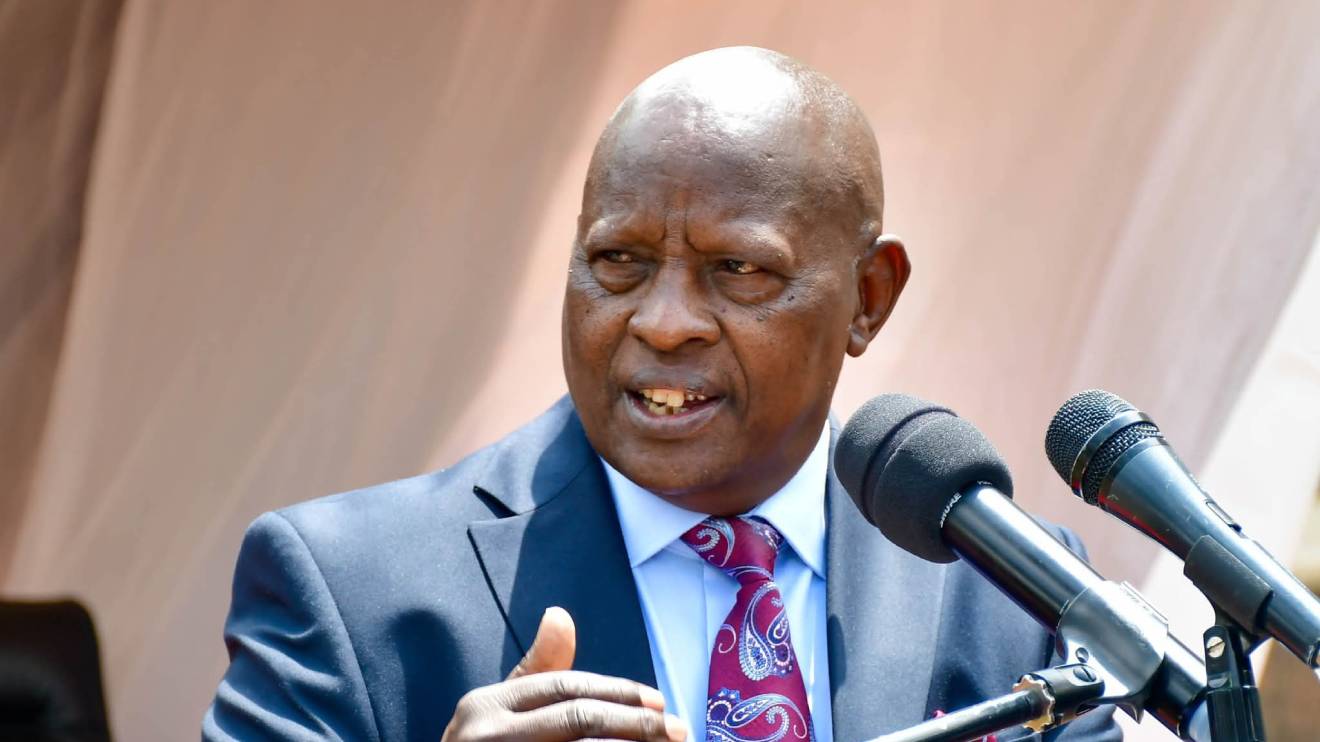Kenya has struck a landmark deal with China that will see the complete removal of tariffs on key agricultural exports, including tea, coffee, and avocado, ushering in what President William Ruto described as “a major breakthrough” for the country’s trade interests.
President Ruto revealed that after concluding a high-level dialogue with Beijing, the Chinese government agreed to a reciprocal arrangement that will allow Kenya to access its vast market without trade barriers on agricultural produce.
He disclosed that bilateral documentation is being finalised and that the implementation of the deal should begin within the coming months.
“We have concluded the high-level conversation with China. They have agreed to a reciprocal arrangement between Kenya and China. They have agreed to remove all the tariffs on our tea, on our coffee, on our avocado, and all other agricultural exports that I think is, is a major eh breakthrough for us. We are now finalising the bilateral instruments, and Lee can give us some progress report on that, so that in the next couple of months, we should be able to take advantage of that huge market,” Ruto stated.
He acknowledged that the move has stirred discontent among some trade allies, but insisted the decision was in Kenya’s national interest and rooted in economic pragmatism.
Read More
“It's partly why I have a bit of a problem with some of our friends, but it is what I must do for Kenya. You know, it's in the best interest of Kenya that we get into this market, some of our friends are complaining that we are doing too much trade with China, honestly,” the President stated.
During his interaction with Chinese President Xi Jinping, Ruto said he raised the issue of the glaring trade imbalance, pointing out that while Kenya imports goods worth Sh600 billion from China, its exports to the country barely reach Sh30 billion.
“I mean, you know, when I sat with President Xi, I had a very candid conversation, and I told him that Kenya is importing 600 billion of products from China, yet we are only exporting maybe 300 or 5 per cent, according to Lee. You know that that trade imbalance is serious and that is the reason why they have opened up their market for our agricultural products,” he explained.
The President further underscored that his administration’s approach is firmly guided by private sector priorities, reiterating his mandate to secure trade deals in Kenya’s favour.
“And that is good for Kenya, you know, and that's the right thing to do, as somebody who was sent by the private sector to go and negotiate those markets. I thought you gave me instructions to go and negotiate. We did, and you did a good job at that. Yeah, very great,” Ruto said.
He also noted that while discussions with India are ongoing, no concrete agreement has been reached yet. However, progress is being made with other potential partners such as Canada.
“So we are progressing conversations with India. We haven't quite had a breakthrough with India... We are very good with Canada,” he added.
As Kenya prepares to tap into new markets and solidify its agricultural trade footprint in Asia and beyond, the reciprocal deal with China is expected to be a pivotal moment for farmers and exporters, potentially unlocking billions in revenue and long-term opportunities.
The new agreement with China is expected to boost Kenya’s export earnings, create jobs, and strengthen the country’s position in global agricultural markets.
The government is now focused on finalising the necessary instruments and preparing Kenyan exporters to seize the opportunities presented by this landmark deal.

